Few things are as oddly amusing—or confusing—as watching a cat’s reaction to the sound of a comb being scraped. The moment they hear that high-pitched screech, many cats freeze, twitch their whiskers, and sometimes even gag as if they’re about to vomit. But why does this happen? And more importantly, is it harmful to them?
Let’s dig into this bizarre feline phenomenon.


The Science Behind the Gag Reflex
Cats Hear Frequencies Humans Can’t. Cats have an incredible hearing range (48 Hz to 85 kHz, compared to humans’ 20 Hz–20 kHz). The sound of a comb being flicked or scratched produces ultrasonic frequencies (very high-pitched noises) that may be irritating—or even painful—to cats.
The “Vomit Reflex” Connection. Some experts believe this sound mimics the distress calls of prey or kittens, triggering an instinctive response. Others think it’s simply an overstimulation of their auditory nerves, leading to a physical gag or head-shaking reaction.
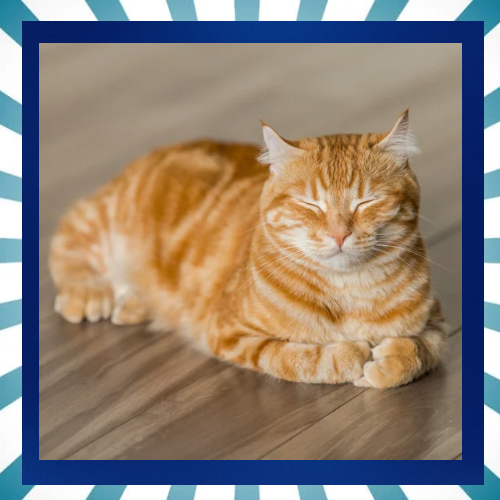

A Vestigial Response?. One theory suggests that this reaction is a leftover evolutionary reflex—cats may associate high-pitched noises with eating something toxic (like a poisoned rodent), causing them to gag as a protective measure.
Is It Harmful to Make This Sound at Cats?
The short answer: Probably not seriously harmful, but it’s best avoided.
- No long-term damage has been proven, but repeated exposure could stress your cat.
- Some cats may associate the sound with discomfort, leading to anxiety.
- If your cat actually vomits, stop immediately—it means the sound is too distressing.
Pro Tip: If you want to test this, do it sparingly and watch for signs of stress (flattened ears, hissing, or running away).
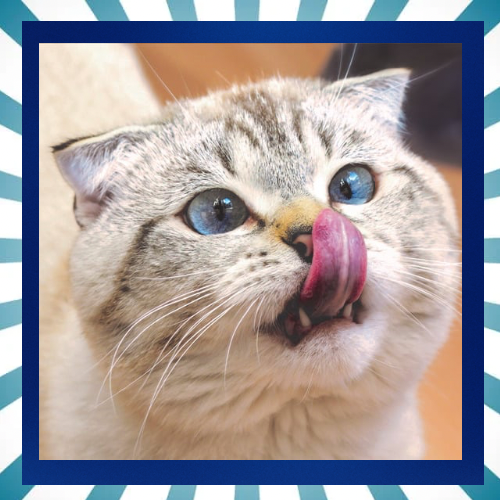
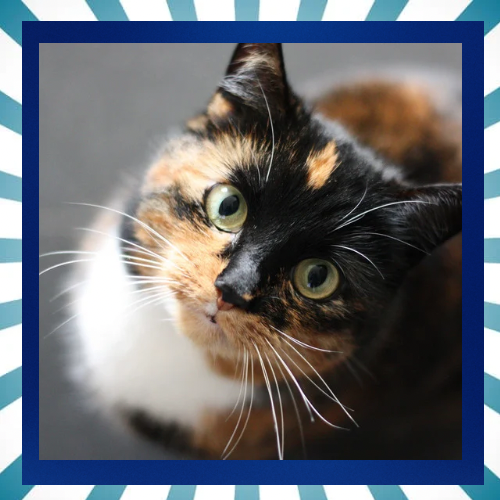
Fun Facts About Cats & Sound
- 🎵 Cats can recognize their owner’s voice but often choose to ignore it.
- 🔊 Loud noises can cause “audiogenic seizures” in some cats (a rare condition triggered by sounds like crinkling foil).
- 😺 Purring isn’t always happy—cats also purr when stressed or in pain (it’s a self-soothing mechanism).
Final Verdict: Should You Do It?
While it’s not proven dangerous, deliberately annoying your cat isn’t the best way to bond. Instead, try:
- ✔Cat-friendly sounds (like chirping birds or rustling prey toys).
- ✔Interactive play with wand toys or laser pointers.
- ✔Positive reinforcement (treats for calm behavior).
If your cat enjoys weird sounds (some do!), go for it—but always respect their comfort level. Would your cat react to a comb sound? Try it (gently!) and see! 😸
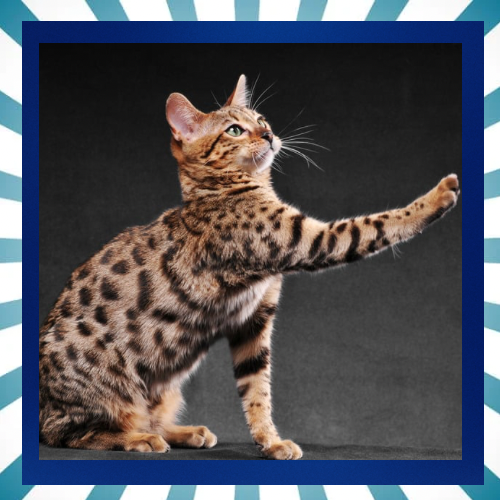
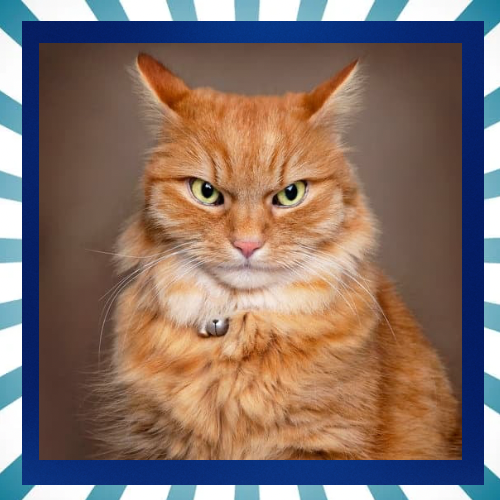
References
- Bradshaw, J. (2013). Cat Sense: How the New Feline Science Can Make You a Better Friend to Your Pet. https://archive.org/details/catsensehownewfe0000brad/page/n343/mode/2up
- Turner, D. C., & Bateson, P. (2000). The Domestic Cat: The Biology of Its Behavior. https://assets.cambridge.org/97811070/25028/frontmatter/9781107025028_frontmatter.pdf
- International Cat Care. (2021). “How Well Do Cats Hear?”. https://firstvet.com/us/articles/how-well-do-cats-hear


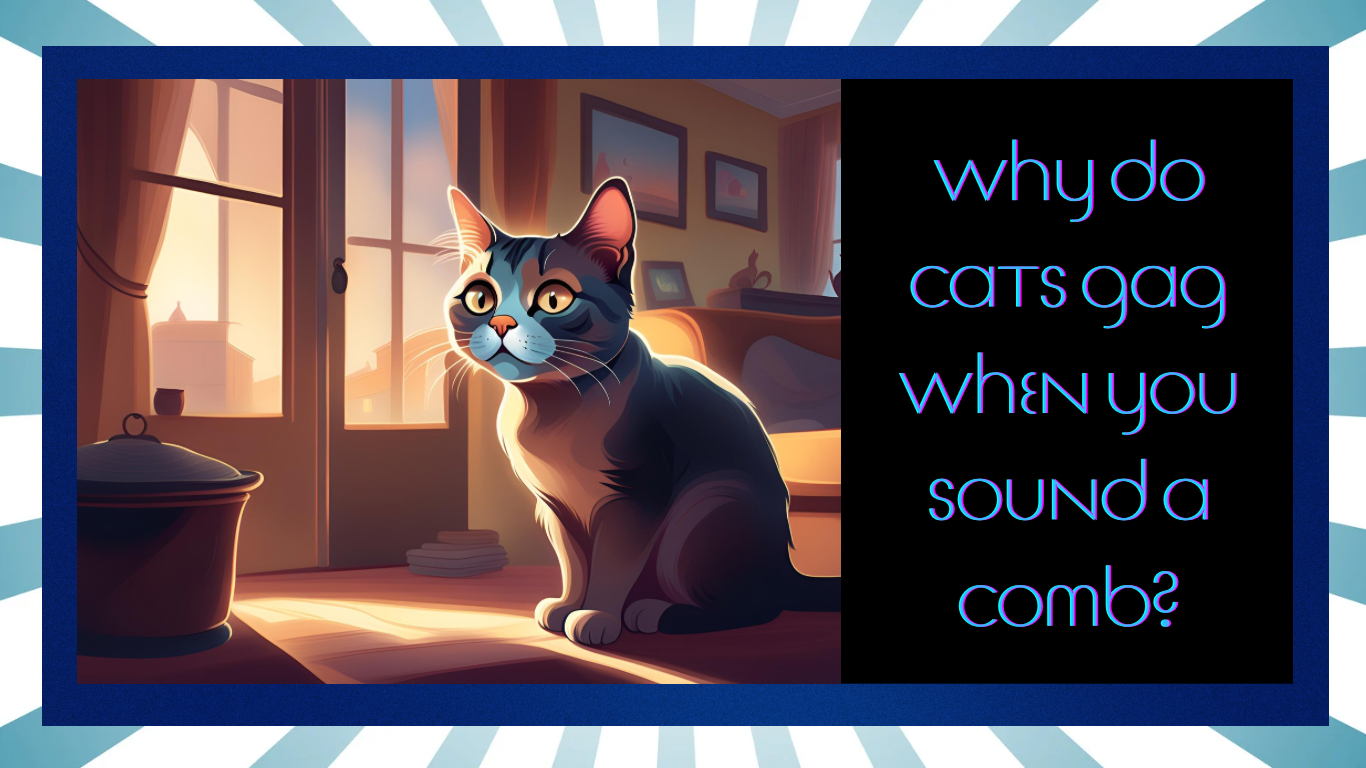


Thanks for sharing! I learned something new today.
Interesting perspective. It really made me think differently.
Love this post! Especially the part about staying consistent—so true.
Awesome tips! I’ll definitely try some of these ideas.